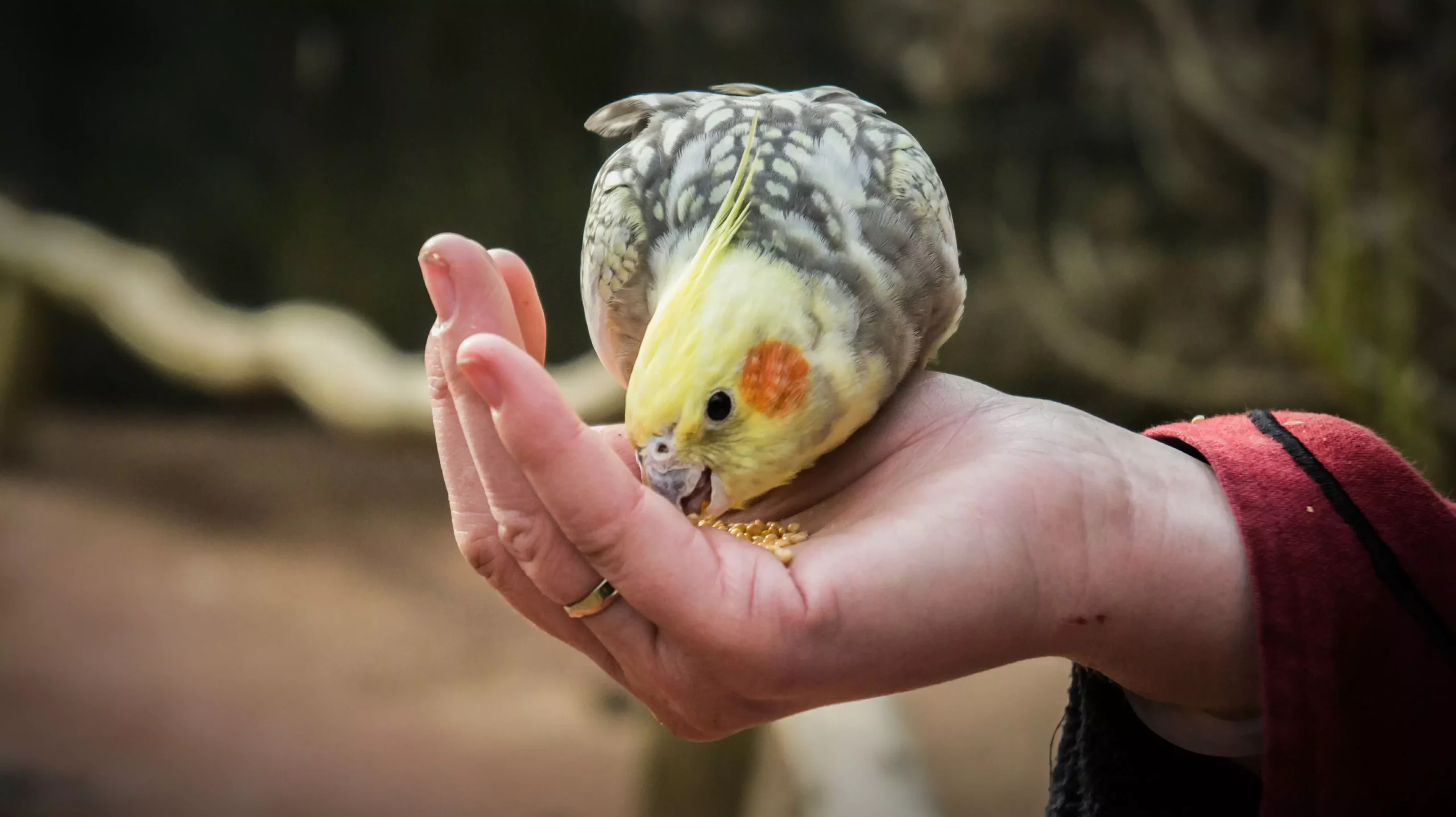When it comes to pet care, few things are as concerning as noticing weight loss in our feathered companions. Birds can be particularly vulnerable to health problems that manifest as weight loss. If you observe that your pet bird has lost weight, immediate action is essential. The first step should always be to consult with an avian veterinarian to rule out any underlying health issues. This precaution is crucial not only for your pet’s immediate well-being but also for long-term health.
Losing weight can be symptomatic of various health issues in birds, from metabolic disorders to infections. Therefore, a professional evaluation is vital. Your veterinarian will perform a thorough examination, which may include blood tests or imaging, to pinpoint the precise cause of weight loss. Identifying the root of the problem can facilitate a more effective treatment strategy. If your vet discovers a medical issue, following their treatment plan is crucial for your bird’s recovery.
However, if the vet rules out any illness, the next logical step is to look at your bird’s diet. Birds are known to be quite particular about their food choices. If their diet isn’t providing the necessary nutrition, they may lose weight even if they appear to eat adequately. A few strategic dietary modifications might be all that’s required to help your bird gain healthy weight.
One of the most effective methods to increase your bird’s weight is to enrich their diet with calorie-dense foods. For instance, peanuts are an excellent option. These nuts are high in fats and proteins and are generally well-received by various bird species. However, moderation is essential since overindulgence can lead to digestive issues or obesity.
Along with peanuts, sunflower seeds provide another substantial source of calories. These seeds are not only rich in fats but also serve as a delightful treat that many birds eagerly consume. Introducing sunflower seeds as part of the daily feeding routine could encourage your bird to eat more.
Millet spray is yet another option to consider, known for its high caloric content and palatability among birds. While millet is a great source of energy, it’s worth noting that it often contains “empty” calories, meaning it doesn’t provide the nutritional benefits found in other foods. For this reason, millet should not be the sole focus when trying to help your bird gain weight.
To combat the deficiency of nutrients from high-calorie treats, creating recipes that combine millet with other nutritious ingredients can be beneficial. Birdie bread is one such option that can provide a variety of essential vitamins and minerals while serving as an appealing dish. Incorporating fruits, vegetables, and even wholesome grains could significantly bolster your feathered friend’s overall nutrient intake.
Observing your pet’s eating habits is just as crucial as modifying their diet. Birds can be habitual pickers and may selectively eat only their favorite items, leading to nutritional imbalances. Consider introducing a pelleted diet that supplies a broader spectrum of nutrients. Pellets can prevent selective feeding and promote a healthier, more balanced diet.
Facilities such as bird scales can be indispensable for tracking your companion’s progress. Regular weight checks—whether daily or weekly—can help identify any significant fluctuations. Noticing a shift of an ounce in either direction should prompt an immediate consultation with your avian vet. Early intervention is key to preventing further health issues or complications.
If you’re ever uncertain about your bird’s health or nutritional needs, consulting your veterinarian should be your immediate action. Their specialized knowledge and familiarity with your bird’s medical history can help in crafting an individualized plan that ensures your pet maintains a healthy weight without sacrificing overall well-being.
Navigating the challenges of helping your bird gain weight can feel overwhelming, but with the right strategies and veterinary support, you can take significant steps to ensure your beloved pet thrives.

